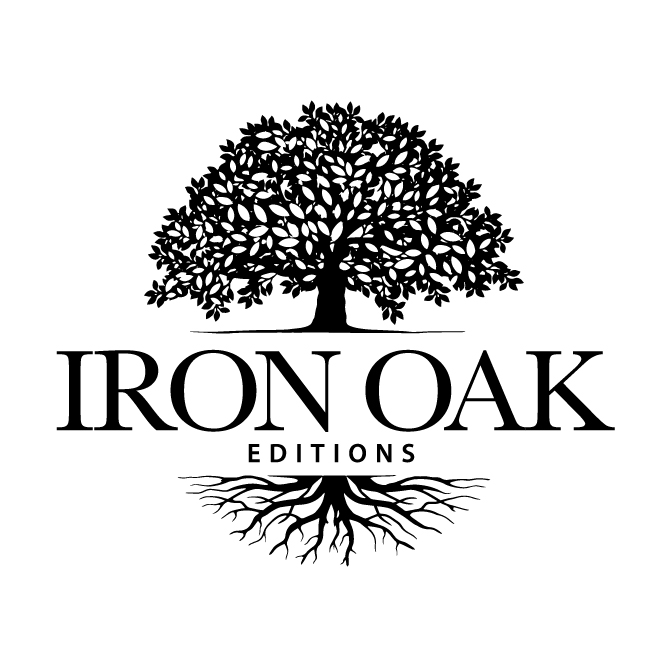by Claire Jussel
October 22, 2024
Material Witness by Aditi Machado; Nightboat Books; 80 pages; $17.95.
Aditi Machado’s latest poetry collection plunges into an extraordinary rendition of the ordinary and reveals the overlapping, entangled, ongoing connections between the speaker and the world that they inhabit. As Machado writes in the post-capitalism/Anthropocene confessional poem “Bent Record,” “I live in the intricacies of the obvious. Into which I permit / your entry…”. From the first words of the collection, Material Witness slips into a slipstream consciousness that constantly reckons with and increasingly melds with the other-than-human world.
This is the remarkable sort of book that tempts me to explain my experience within its pages by ways of other metaphors: a film slide complete with flickering light, or perhaps a peephole view into and out of the mind, the cupboards, the dinner table, the gutter plants, the oil slick burn bubbling the edges of the film into a rapidly corroding sort of beauty. Machado’s sharp and bold language ushers the reader through all matters political, philosophical, environmental, and culinary via slices of perceptions and interpretations of living in the mind and the world. All of which to say this is a work that makes sense by accumulation and enmeshment.
Material Witness is comprised of six poems of varying lengths across sixty-seven pages. An abundance of white space across the collection both highlights Machado’s poetic and unexpected phrases and allows the collection to breathe within the intensity of its own accumulation. Early in the collection, Machado signals her astounding segues and linkages within the text:
Sometimes experience is phenomenal in its segues–do you remember you
were peeling a turnip.
That was some vegetable-colored sky toward which stupefied you grew.
The book as a whole, especially in the long-form poems “Material Witness,” “Concerning Matters Culinary,” and “NOW,” becomes a kind of compost heap collage wherein the scraps and salient churn together. In an instructional moment, Machado notes how observations and “...time being / funnily sequenced or accruing // laterally: a botanic tyranny” build meaning in non-linear ways. And while Material Witness frequently exhibits a direct or frank tone–“Yesterday was less cold. De facto blazing. You were visited by a pure / circumpapillary green that hurt your eyes,” nothing is ever so simple as to be directly revealed. Motifs sink and resurface, and mystery abounds: “Inner time rises to meet the peach / you place your lips against // green rays shoot out…”
As the collection progresses, not only is meaning accrued, but the barriers between the internal and physical presence of the speaker and the surrounding world crumble and become increasingly porous and intermingled. This eroding distance can be marked in the evolution of Material Witness’s long form poems.
The title poem opens the collection with keen observation and dissonance in which the speaker works through sporadic and distended grappling between the mind and body and place. “Concerning Matters Culinary,” a reference to one of the first known cookbooks, takes on the role of a recipe, prophecy, and theater of a dinner party where the abstracts of psyche and passage of time commingle with the physical realm of food and the body. “NOW,” sees the fullest erasure of boundaries between the human and other-than-human: “namely, you odden into being." And through this strange-ing and collapsing of distinctions, we arrive at a more embodied acquiescence to the messiness of existence:
you put on a hat and take the train
your hair pulses telegraphically
you have put on the exoskeleton of impure delight
pedicels fill upward into those umbels you call eyes
you drive to give the train its practice
you oil it, you move in its happy ruin
you do this not for you–no, no
you do it for the bytheway foxes & the bytheway grasses, the bytheway
inured to these metals of their collective consciousness
it is for them you collect the movements, for them you fill the umbels
While this passage nods to the bustling fuel-driven concerns of the human world, it also directly calls to a sense of collective consciousness and kinship that, while not always comfortable, connects the human body and experience with the technological, animal, and botanical worlds. This melding is especially poignant where Machado replaces anatomical language with biological terms.
The brilliance of Material Witness is its experiential quality. The sensations of reading and being absorbed into Machado’s language is integral to the meaning-making at work in these poems. It asks the reader to take a large bite and trust the revelations as they are masticated and absorbed into the body. In this way, the arrangement of words on the page replicates the experience of being in the world and intaking the cacophony of stimuli, consciousness, and interconnectedness.
__________________________________________________________________________________________________________________________________________________________________________
__________________________________________________________________________________________________________________________________________________________________________
__________________________________________________________________________________________________________________________________________________________________________
“Intricacies of the Obvious”: Commingled Ways of Being in Aditi Machado’s Material Witness
POETRY REVIEW
Image by Jorge Salvador from Unsplash
Claire Jussel is a poet, writer, and artist from Boise, Idaho. Her work has appeared in or is forthcoming in West Trade Review, Wizards in Space, Split Rock Review, Black Fox Literary Magazine, and SEISMA Magazine. She currently resides in Ames, Iowa where she is pursuing her MFA in Creative Writing & Environment at Iowa State University.
__________________________________________________________________________________________________________________________________________________________________________
__________________________________________________________________________________________________________________________________________________________________________
© 2024 Iron Oak Editions
Stay Connected to Our Literary Community. Subscribe to Our Newsletter





